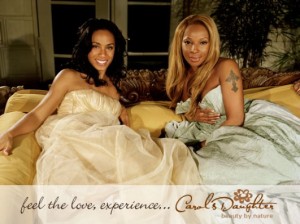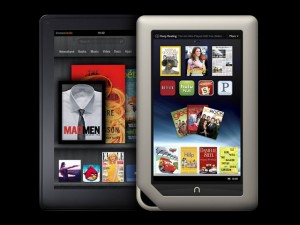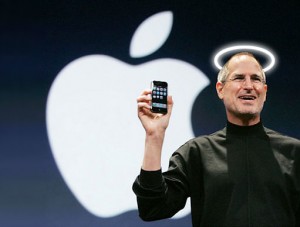For some reason many people believe celebrities consume superlative products. Thus, one assumes if a celebrity backs a company, it will make the company better off due to higher product credibility and increased brand exposure. But this may not be the case, as Laura Petrecca states in this article in USA TODAY. Celebrity investors are fairly risky. For one, consumers may not view a celebrity spokesperson as sincere because of the large sum of money they’re receiving, which in turn may tarnish the credibility of the product all-together. Furthermore, “Whatever that person does is going to attach to your brand — good or bad.” Finally, celebrity involvement means positive and negative media attention. When a problem arises in a company, reporters are quick to publicize an event linked closely to a big name.
In my opinion, companies in general benefit from celebrity support. This is particularly advantageous for small start-up companies that will receive valuable advertisement and publicity it would not have gotten otherwise.



